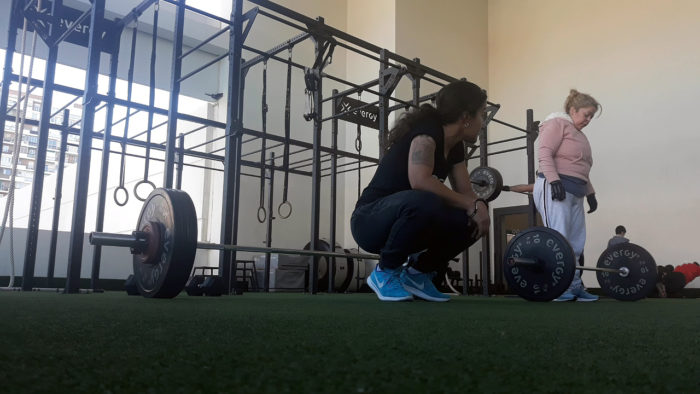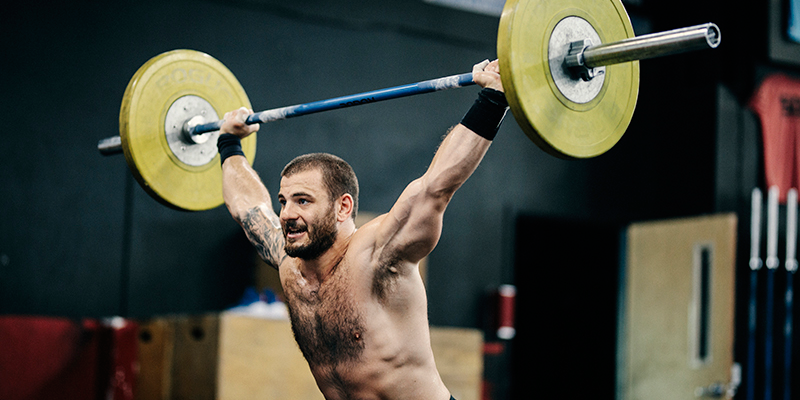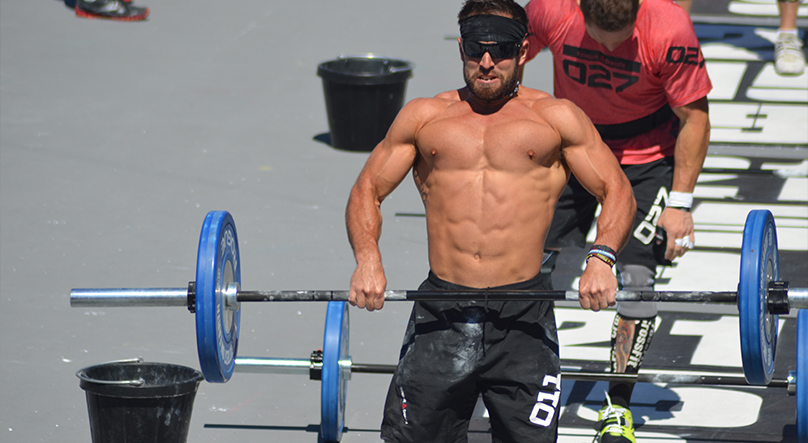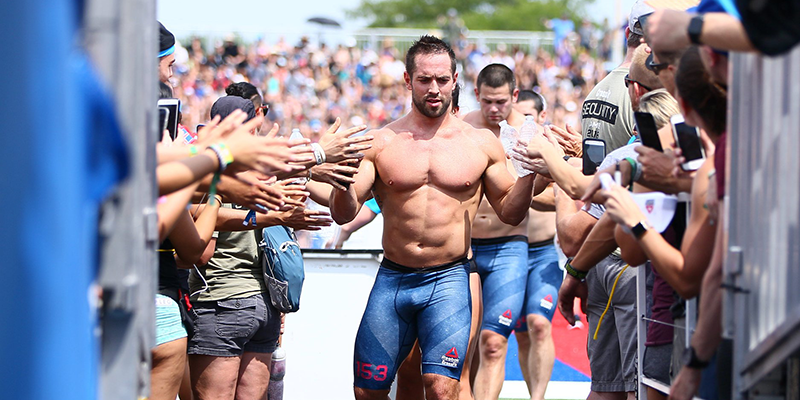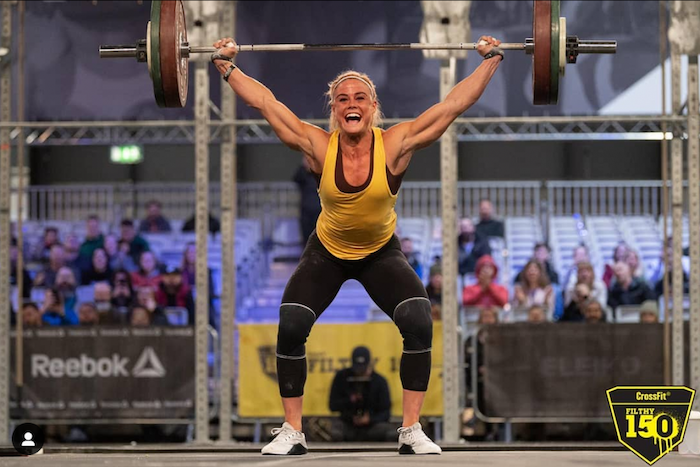Motivation in CrossFit
One thing that is pretty known about CrossFit is that it is generally perceived by its athletes as highly motivating. The goal of this post is to further examine the meaning behind this perception. To do so, we must start from the basics: what is motivation?
Motivation is the process through which a person becomes “energized or activated toward an end” (Ryan & Deci, 2000). Our brain activates a series of actions to satisfy a certain need. This ranges from grabbing a glass of water to satiate your thirst all the way to enlisting in the military to serve your country.
Although there are several ways to categorize motives, the one we’re interested in is the one provided by Deci and Ryan (1985) in their Self-Determination Theory. It distinguishes between intrinsic and extrinsic motivation. Simply put, “intrinsic motivation refers to doing something because it is inherently interesting or enjoyable, and extrinsic motivation, which refers to doing something because it leads to a separable outcome.” (Ryan & Deci, 2000)
Figure 1. Types of motivation and other factors
| Extrinsic motivation | Intrinsic motivation | |
| Related processes | Ego involvement Approval from others | Enjoyment Interest |
| Perceived control | Somewhat external | Internal |
Adapted from Ryan & Deci (2000)
Extrinsic motivation (see figure 1), in one of its many forms, is guided by ego involvement. Ergo, their behavior is regulated by both external and internal factors. While goal achievement depends on setting the highest score, the reason behind this is to evidence their proficiency over others. Task involvement, on the other side, has to do with internal motives: working hard to complete the task, personal satisfaction and pure interest in the sport.
Intrinsic motivation increases once we develop competence in the task and we sense some sort of control over this success. Naturally this betters our adherence to the sport. When ego involvement prevails, the athlete’s main concern is putting up the highest score. If the goal is not met, feelings of incompetence appear and may ultimately lead to abandonment of the sport.
How can CrossFit impact our motivation?
I can’t speak for everyone whose tried CrossFit but I will say that it’s the sport that has motivated me the most. It has both the benefits of group sports (sense of belonging, team work, social affiliation, etc.) and those of individual sports (developing mastery and competence, personal satisfaction, etc.) It faces you with different tasks every day, resulting in new challenges. Some of the movements require a lot of practice and once you start improving, you start thinking you’re capable of anything!
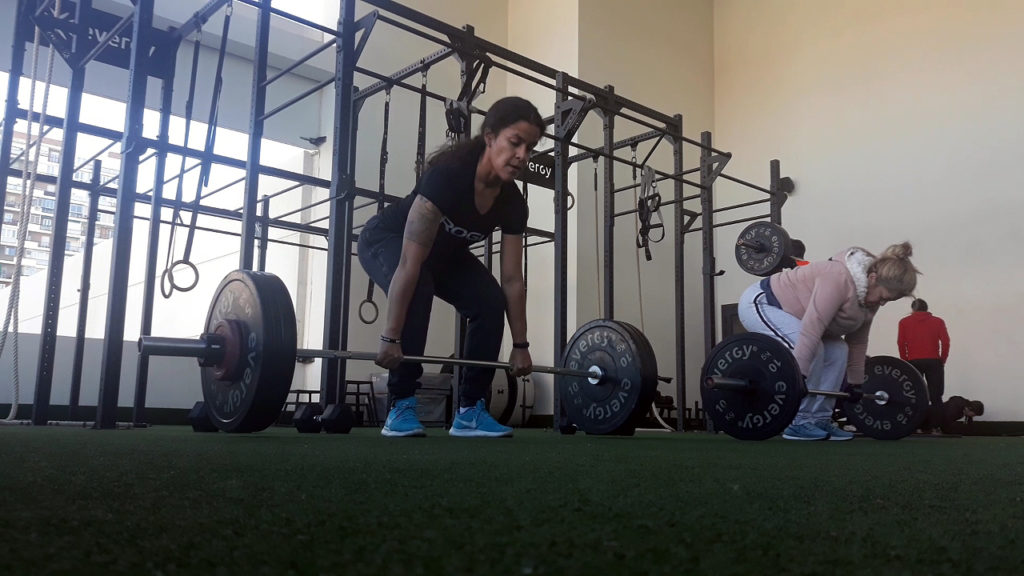
Affiliation, enjoyment and challenge
As we’ve seen, intrinsic motivation relates best to personal satisfaction and realization. Motives such as affiliation, enjoyment and challenge do a much better job at keeping us in the gym. These motives were seen more frequently in CrossFitters when compared to other formats of resistance training or personal training (Fisher, Sales, Carlson & Steele, 2016).
CrossFit is a great place to experience the magic of group-exercise because of the “community” aspect. The WOD is perceived as a personal challenge which is attacked in a group setting. Watching others go through the suck with you, is empowering and motivating in itself.
Helps point your motivation inside
Motivation processes are very complex, they are in constant flow and will be modified depending on internal and external circumstances. Although it may seem external motives are the bad guy, that is not entirely true. External motives such as social recognition may get you to step into the box for the first time. After that, the comradery, the method and the sense of overcoming obstacles may invert the direction of your motivation. It doesn’t matter what gets you into CrossFit, just make sure you stay for the right reasons – the internal ones –.
Deci, E. L., & Ryan, R. M. (1985). Intrinsic motivation and self-determination in human behavior. New York: Plenum.
Duda, J. L., Chi, L., Newton, M. L., & Walling, M. D. (1995). Task and ego orientation and intrinsic motivation in sport. International journal of sport psychology.
Fisher, J., Sales, A., Carlson, L., & Steele, J. (2016). A comparison of the motivational factors between CrossFit participants and other resistance exercise modalities: a pilot study. The Journal of sports medicine and physical fitness.

